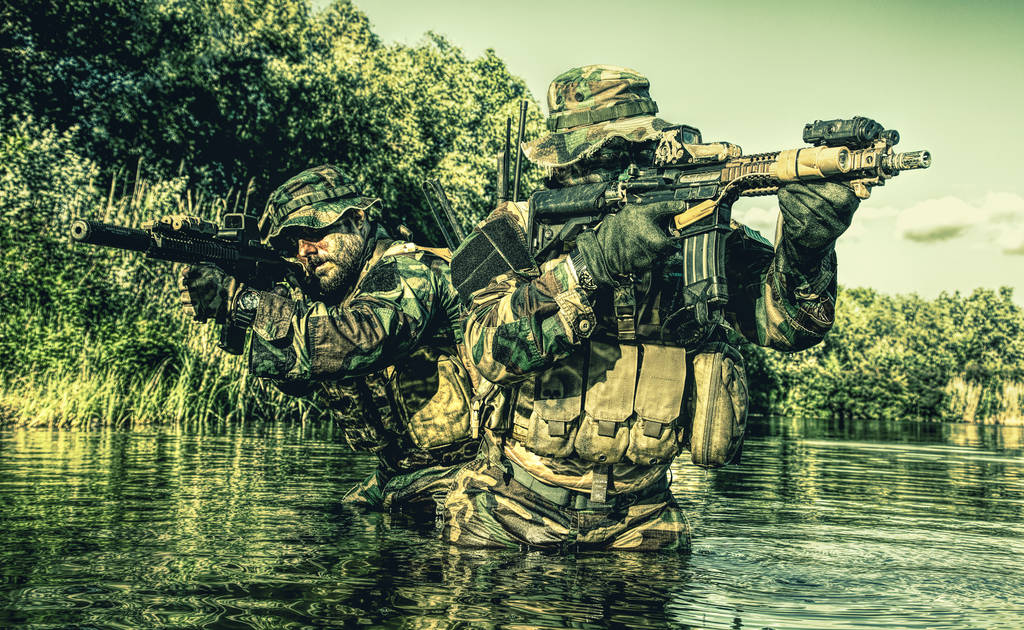Military Sexual Trauma (MST) refers to the psychological trauma experienced by
service members as a result of sexual harassment, abuse, or rape during their
military service. Despite the military’s mission to protect and serve, the prevalence
of MST within the ranks remains alarmingly high, particularly for women. MST
affects both genders, with the repercussions extending far beyond the immediate
physical and emotional damage. Unfortunately, the systemic issues surrounding the
reporting and handling of MST often exacerbate the trauma, leaving victims feeling
abandoned, stigmatized, and without recourse.
The Impact on Women: A Silent Struggle
For women in the military, MST often begins with sexual harassment, which can
escalate into abuse or rape. According to the Department of Veterans Affairs,
approximately one in three women veterans report experiencing MST. However, it
is widely believed that this statistic underestimates the true prevalence, as many
cases go unreported. Studies suggest that up to 77% of women in the military who
experience sexual harassment or assault choose not to report the incidents. This
staggering number highlights the pervasive culture of silence surrounding MST.
Women who do report MST often face severe repercussions. Instead of receiving
support and justice, many are ostracized, disbelieved, or even retaliated against.
There are countless stories of women being drummed out of the military after
reporting their abuse, facing dishonorable discharges that strip them of their
benefits and tarnish their reputations. As a result, many women find themselves
homeless, battling mental health issues like PTSD, and in some cases, pregnant as
a result of the assault. The perpetrator, on the other hand, is often left unpunished,
with some being transferred to another unit or continuing their service with little to
no consequence.
The reluctance to report MST is rooted in fear—fear of not being believed, fear of
retaliation, and fear of the impact on their military career. The military’s
hierarchical and male-dominated structure can create an environment where
victims feel powerless and isolated. The stigma associated with reporting sexual
assault can be career-ending, leading many women to suffer in silence rather than
risk their livelihood.
MST and Men: An Overlooked Crisis
While MST is often discussed in the context of women, it is critical to acknowledge
that men in the military are also victims of sexual harassment, abuse, and rape.
According to the Department of Defense, nearly 10,000 men reported experiencing
sexual assault in 2021 alone. However, similar to women, the majority of male
victims do not report their experiences. In fact, research suggests that up to 81%
of men who experience MST do not report it.
The stigma surrounding male sexual assault is even more pronounced than that for
women. Traditional notions of masculinity, combined with the fear of being
perceived as weak or vulnerable, often prevent men from coming forward.
Additionally, the military culture, which emphasizes strength and toughness, can
make it incredibly difficult for male victims to acknowledge and report their trauma.
Those who do report often face skepticism and disbelief, further discouraging others
from speaking out.
The repercussions for men who experience MST are severe. They are at a higher
risk of developing PTSD, depression, and substance abuse disorders. Moreover,
male victims of MST often face additional challenges related to their gender identity
and sexual orientation, particularly if the assault was perpetrated by another man.
This adds another layer of complexity to an already devastating experience, leaving
many male survivors feeling isolated and without support.
Same-Sex Harassment and Abuse: A Broader Issue
MST is not limited to heterosexual dynamics; it also occurs in same-sex
interactions. Whether it’s a man abusing another man, a woman harassing another
woman, or any other combination, the trauma inflicted is equally devastating.
Same-sex harassment and abuse can be particularly insidious, as it may carry
additional stigmatization, especially in environments where LGBTQ+ individuals
already face discrimination.
Victims of same-sex harassment and abuse in the military often grapple with fears
related to their sexual identity, compounded by the potential backlash within the
military community. For LGBTQ+ service members, reporting MST can feel doubly
dangerous—they risk both the typical repercussions of reporting and additional
discrimination based on their sexual orientation or gender identity. As a result,
many choose to remain silent, enduring the trauma in isolation.
The Need for Systemic Change
The issue of MST is complex and deeply rooted in military culture. Addressing it
requires a systemic overhaul that not only encourages reporting but also ensures
that victims are supported, believed, and provided with the justice they deserve.
There must be a shift away from the culture of silence and retaliation to one of
accountability and protection.
Military leadership must prioritize the prevention of MST through education, clear
policies, and strict enforcement of consequences for perpetrators. Additionally,
support systems for victims—both within the military and in civilian life—must be
strengthened. This includes providing comprehensive mental health care, legal
assistance, and resources to ensure that victims do not suffer further harm, such as
homelessness or the loss of benefits.
In conclusion, MST is a pervasive and devastating issue affecting both women and
men in the military. The fear of reporting, coupled with the severe consequences
faced by those who do come forward, perpetuates a cycle of silence and suffering.
It is imperative that the military take significant steps to address this issue,
ensuring that all service members are treated with the dignity and respect they
deserve. Only through systemic change can we hope to protect future generations
of soldiers from the horrors of MST.

